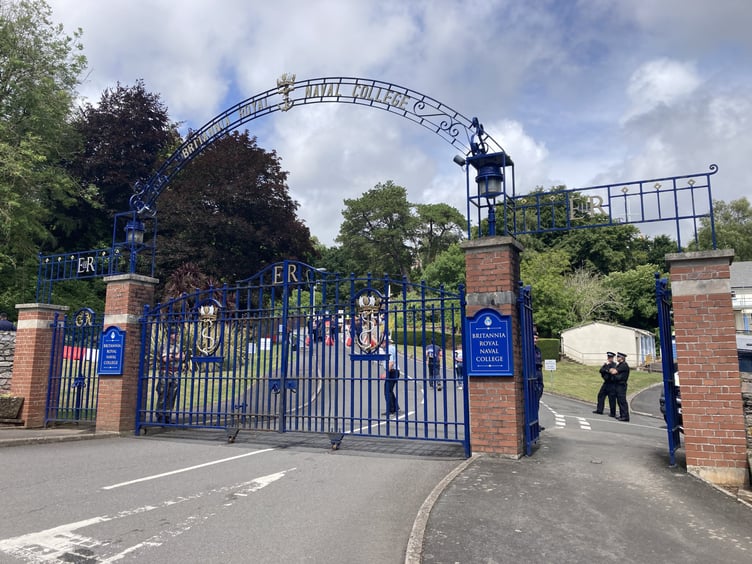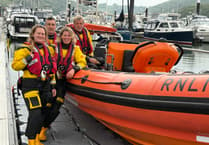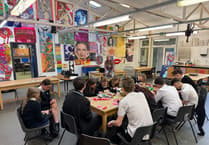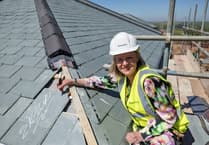During my recent visit to Britannia Royal Naval College in Dartmouth I was fortunate enough to be able to interview the Commanding Officer, Captain Sarah Oakley.
Captain Oakley was born in the Naval city of Portsmouth. She read modern history at Oxford and joined BRNC in 1995 where she was commissioned as a Lieutenant. Captain Oakley worked on oil platform protection in the Iraq War.
Her first command was HMS Mersey which was on fisheries protection duties and her second took her to the Falkland Islands at HMS Clyde. She headed up the Fisheries Protection Squadron between 2017 and 2019.
She was next posted to the Ministry of Defence where she joined the Naval Staff Strategy. In 2020 she was promoted to Captain later receiving the Naval Long Service and Good Conduct Medal.
She returned to Dartmouth in May 2022 when she took command of BRNC, the first female to do so.
Captain Oakley explained why they had decided to open the gates to the public.
‘’We wanted to show what goes on at the College but also celebrate our relationship with the local community,” she said.
‘’You can see looking around that we’ve got representatives of all the emergency services, we’ve got local charities, local businesses as well as all the things the cadets get up to.
‘’The main aim is to show off what the cadets do here in the college, show off the amazing buildings that we have, the facilities, our new bridge simulator, our new gymnasium but also to showcase the cadets and what they can do so we’ve had some demonstrations of their ceremonial training and their military fitness.
‘’It’s a great opportunity for people to come and interact, see what we do behind the gates and talk to real people in the Navy and learn a little bit more about what goes on here.”
Captain Oakley then elaborated a bit more about the College.
‘’We have three entries each year and every term we take 150 new entry officers through their new entry training,” she explained.
‘’The training lasts for two terms. The first term is militarisation where we’re thinking about changing them from being a civilian to a military person who can wear a uniform, who can turn up on time, who can march on the parade ground and has the physical fitness to succeed in the Royal Navy.
“The second term is more focused on the marinisation skills- navigation, working on the water, understanding what life at sea is like so we send them on an operational warship for up to six weeks and then they come back to the college and pass out at the end of their 29 weeks of training.
‘’Then they go off to a ship for four weeks for their Common Fleet Time where they live and work on a ship and really see what goes on.
“They then have their Phase Two Training which actually takes place here for Warfare Officers and for Logistics Officers and Worthy Down in Winchester and the Engineers either go to HMS Sultan (Gosport) or HMS Collingwood (Fareham).
‘’We also have cadets from the Royal Fleet Auxiliary, the Maritime Reserves and the Senior Upper Yardie Course who have come through the ranks and have been Commissioned from being Non-Commissioned Officers- senior ratings and we also have the Warrant Officers Commissioning Programme – people who probably have 30 years experience in the Royal Navy.
‘’We commission them for seven years as Lieutenants and they bring their specialist skills.
‘’Finally we train international cadets from about 30 different nations.
‘’We’ve got cadets from Peru, The United Arab Emirates, Oman, Malta, Lithuania, The Bahamas, Germany and we have exchange programmes with European naval academies.
‘‘With many of these countries we have long standing relationships and we are very pleased to have cadets from many parts of the world training here.’’





Comments
This article has no comments yet. Be the first to leave a comment.